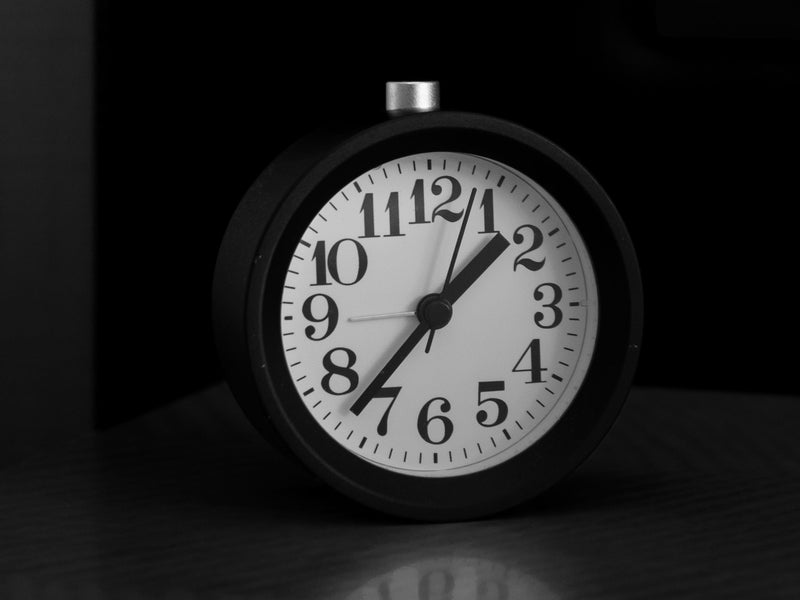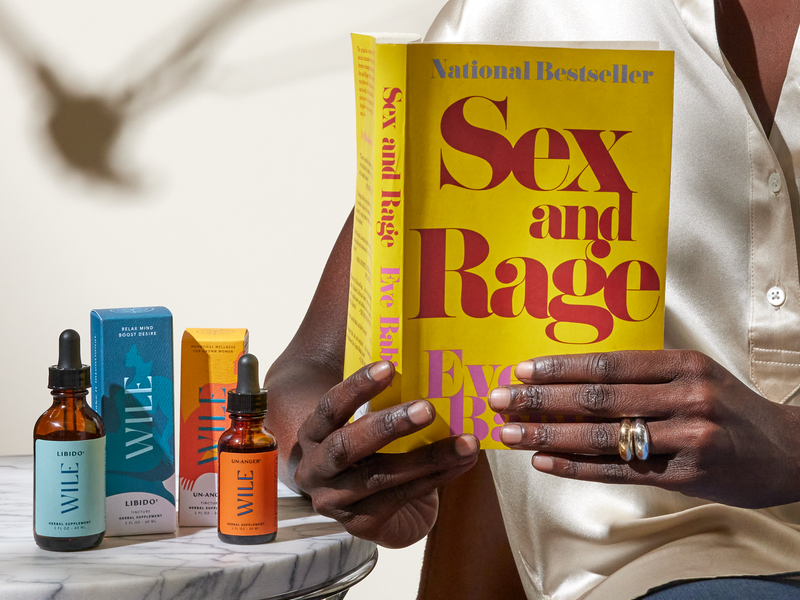“I can’t drink wine anymore…the headaches…”
“My allergies are getting worse with age…”
“Peanut sensitivity? Now?”
Sound familiar? Many women over 35 or 40 think they’ve suddenly developed “age onset” allergies or intolerances to alcohol or certain foods. They may find environmental conditions such as hay fever, eczema or asthma show up for the first time or got worse. And they may even think of these as perimenopausal.
Are allergies perimenopausal symptoms? Not exactly.
But they are related. And hormonal.
“As women approach their late 30s, they may notice that their bodies become sensitive to common environmental and food allergens such as pollens, dust mites, peanuts, red wine, etc.,” said Dr. David Meadows, founder of Pure Wine. “They may experience allergy-like symptoms that appear to be triggered by specific foods or beverages but are often unpredictable.”
The culprit may be a later-in-life Histamine intolerance (HIT). These are actually “pseudo allergies.” They present like allergies, yet have no specific allergen causing the symptoms.
So what is it?
Histamine builds up in the body
We’ve all heard about “anti-histamines” in cold and allergy medicines. There are probably some in your medicine cabinet.
In the body, histamine acts as a key mediator of allergic and pseudo-allergic reactions. It is linked to various allergic and inflammatory processes and the central nervous system.
With HIT, histamine builds up in the body gradually from a variety of sources. It’s not properly broken down and removed from the body quickly enough. Discomfort ensues: congestion, headaches, flushes and even GI distress.
“These allergy-type symptoms come on gradually and more insidiously,” said Dr. David Meadows. “You may go through a full allergy test but nothing shows up. What’s happening is rapid changes in estrogen levels during perimenopause can drive this HI buildup and, therefore, these symptoms. It’s not an allergy at all.”
We’ve explored how changes in enzymes can lead to hangovers after 40, and this is yet another dimension.
How estrogen links to pseudo-allergies and wine sensitivity
Higher estrogen levels will stimulate cells in the gut to release more histamine.
At the same time, those elevated higher estrogen levels downshift the DAO enzymes in your kidneys and bloodstream that would otherwise remove histamine.
It’s a perfect sneezy, headachey storm. And vicious cycle.
More histamine spurs even greater release of estrogen from the ovaries—which releases more histamine. And so on.
Earlier in life, women who notice this in perimenopause may have had a slight stuffy nose or other reactions during estrogen-dominant parts of their cycle, but never noticed it.
Can HRT help? Yes, no and maybe.
Women who start taking estrogen as part of HRT may see improvements over 3-6 months in their menopause symptoms, e.g. hot sweats and flushes, low mood and anxiety, joint aches and palpitations.
At the same time, they might notice a worsening in symptoms that relate to histamine intolerance because of the additional estrogen coming from the HRT.
“However, progesterone and testosterone can help stabilize histamine production in the body so these effects can be avoided.” Dr. Meadows explained. “ So, it is important that HRT regimens are carefully individualize when HIT symptoms are experienced during menopause.”
Antidepressants, women over 40 & histamines
In addition, many drugs can interfere with the body’s ability to remove excess histamine. For example, some antidepressants and painkillers can accelerate the HIT issues. And women over 40 are the prime market for antidepressants.
“Ironically, many patients may be prescribed these medications to relieve their HIT symptoms and these same medications actually start making the symptoms get worse,” said Dr. Meadows.
What else can you do?
If you want to keep enjoying wine, Dr. Meadows has created Pure Wine, a company that makes wine accessories with an exclusive filtering technology. It removes the histamines from wine (and other drinks) as well as any sulfites, all without altering the complex flavor profiles or other health benefits of wine, such as antioxidants.
Wine tastes the same, looks the same—just doesn’t contribute to wine headaches, flushes or congestion the same way. Their Pure Wine Wand™ and aerators quickly bring wine (and beer and cocktails, too) back into your life if headaches are caused by histamine.
Gut health can help with HIT, too.
Estrogen is good for gut health, too. So for some of us, the hormonal dance that creates estrogen dominance may mitigate these histamine disruptions.
For others, strengthening your gut health may help. Though, frustratingly, fermented foods which are perennial recommendations for gut health are also high in histamine, as are tomatoes, alcohol, shellfish, and nuts.
We need to be our own health advocates.
Unfortunately, as with many other perimenopausal symptoms and changes for women over 40, this information is not widely known or recognized by most of the medical establishment. So a doctor may not not realize these links to hormonal health.
If you're noticing a pattern to pseudo-allergic reactions and seeing them increase after 35, 40 or 45, bring this histamine connection to your doctor's attention—or at least question an automatic diagnosis. Knowledge is power - and maybe happy hour.
This article is intended for informational purposes and is not intended to replace a one-on-one medical consultation with a professional. Wile, Inc researches and shares information and advice from our own research and advisors. We encourage every woman to research, ask questions and speak to a trusted health care professional to make her own best decisions.




